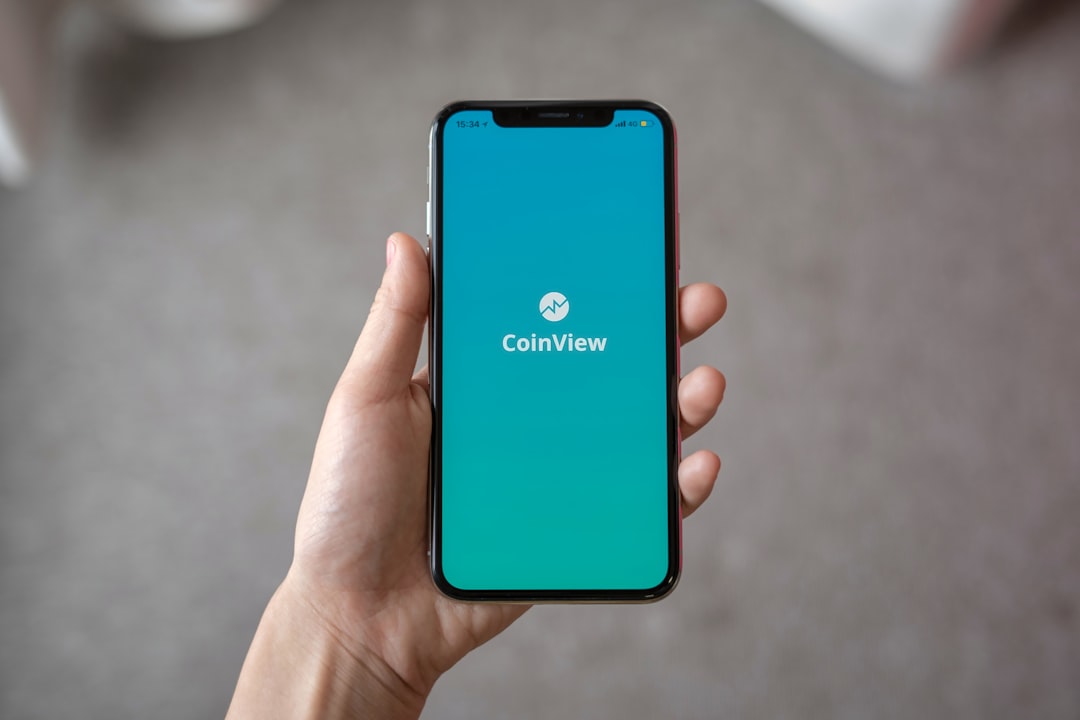In Minnesota, unsolicited text messages from unknown senders are considered illegal spam if they lack prior consent. A qualified Spam Texts Attorney Minnesota can help residents understand their rights against such messaging, report unauthorized messages, and seek compensation for any harm caused. If you've received unwanted spam texts, collect evidence, consult a specialized attorney, and explore legal options like cease-and-desist letters or complaints, potentially claiming damages for emotional distress.
In Minnesota, protecting residents from unwanted spam texts is taken seriously. With stringent laws in place, individuals have legal recourse against persistent or abusive text messaging. This article guides you through Minnesota’s spam text laws and explores your options if you’ve fallen victim to such messages. Learn how to identify spam, understand what constitutes illegal activity, and connect with a spam texts attorney in Minnesota for effective resolution.
Understanding Minnesota's Spam Text Laws: Protections for Residents

Minnesota has stringent laws in place to protect its residents from unwanted spam texts, also known as unsolicited text messages. These laws are designed to safeguard consumers from deceptive or annoying messaging practices. In Minnesota, it is illegal for businesses or individuals to send spam texts without explicit consent from the recipient. This includes promotional messages, advertising offers, or any form of marketing communication delivered via text message.
If you have received spam texts in Minnesota, you have legal recourse. Consulting with a qualified Attorney Minnesota can help you understand your rights and options. They can guide you through the process of reporting these unauthorized messages to the appropriate authorities and seeking compensation for any harm or inconvenience caused.
When Does a Text Become Illegal? Identifying Spam and Unwanted Messages

In Minnesota, a text message can quickly transform from a convenient communication tool to an illegal spam text if it meets certain criteria. Generally, a text is considered spam when it is unsolicited and sent without prior consent. This often includes messages promoting products or services, offering discounts, or attempting to sell items, particularly when the sender is unknown or not on your contact list.
Identifying spam texts can be challenging due to their deceptive nature. A Minnesota spam text attorney can help determine if a message meets the legal definition of spam under state laws. Unwanted messages that are repetitive, use misleading language, or violate your privacy by sharing personal information without consent are also indicative of illegal spamming practices. Staying informed about your rights and knowing when a text crosses the line into illegality is crucial in navigating the complexities of modern communication.
Legal Recourse and Options for Victims of Spam Texts in Minnesota

If you’ve received unwanted spam texts in Minnesota, know that there are legal avenues to explore. The first step is to gather evidence, such as screenshots or records of the messages, along with any information that could identify the sender. This evidence will be crucial if you decide to take legal action.
Victims can consult a qualified spam texts Attorney Minnesota who specializes in consumer protection laws. These experts can guide them through the process, which may involve sending cease and desist letters or filing complaints with relevant authorities. In some cases, individuals may pursue legal action for damages, seeking compensation for emotional distress or other harm caused by the spamming activity.






